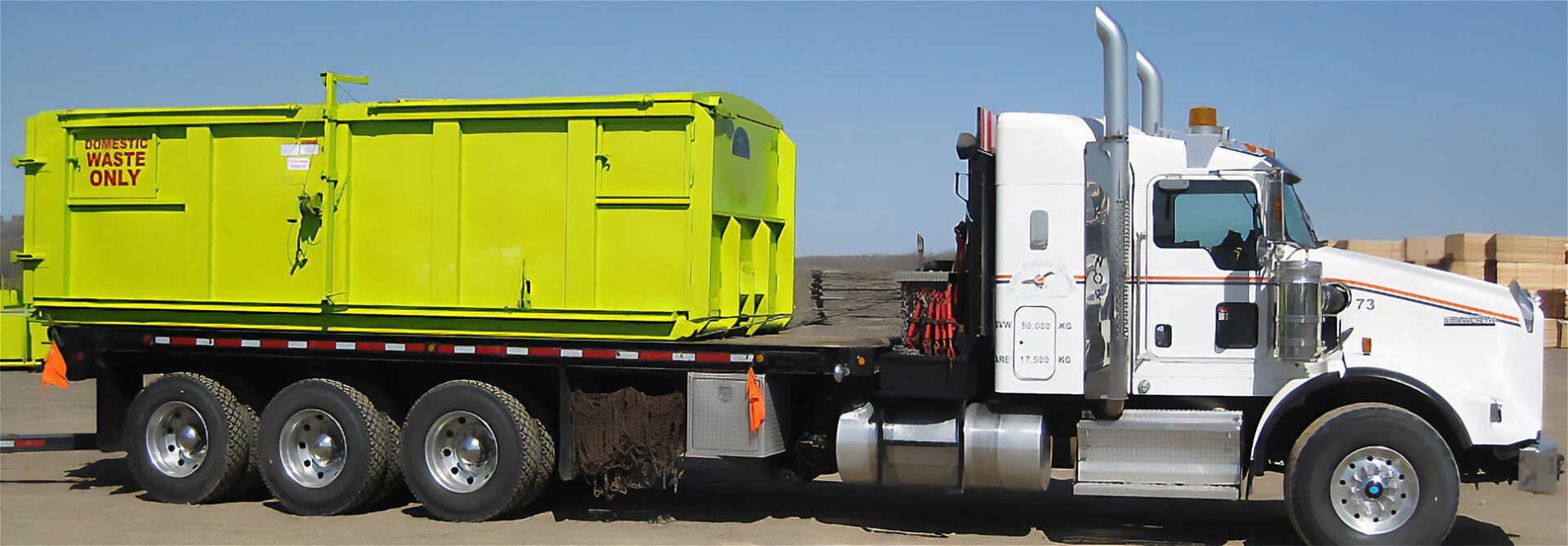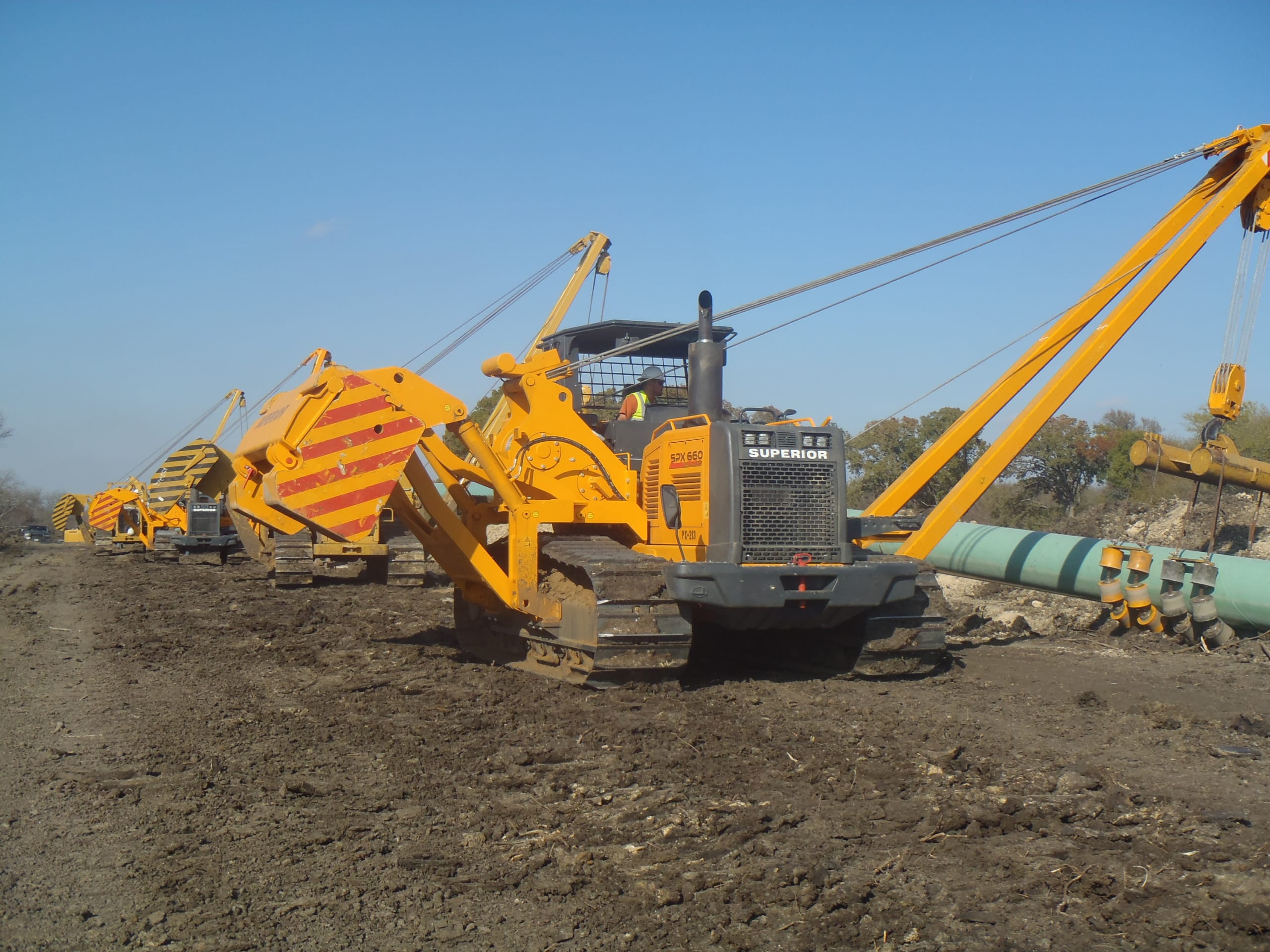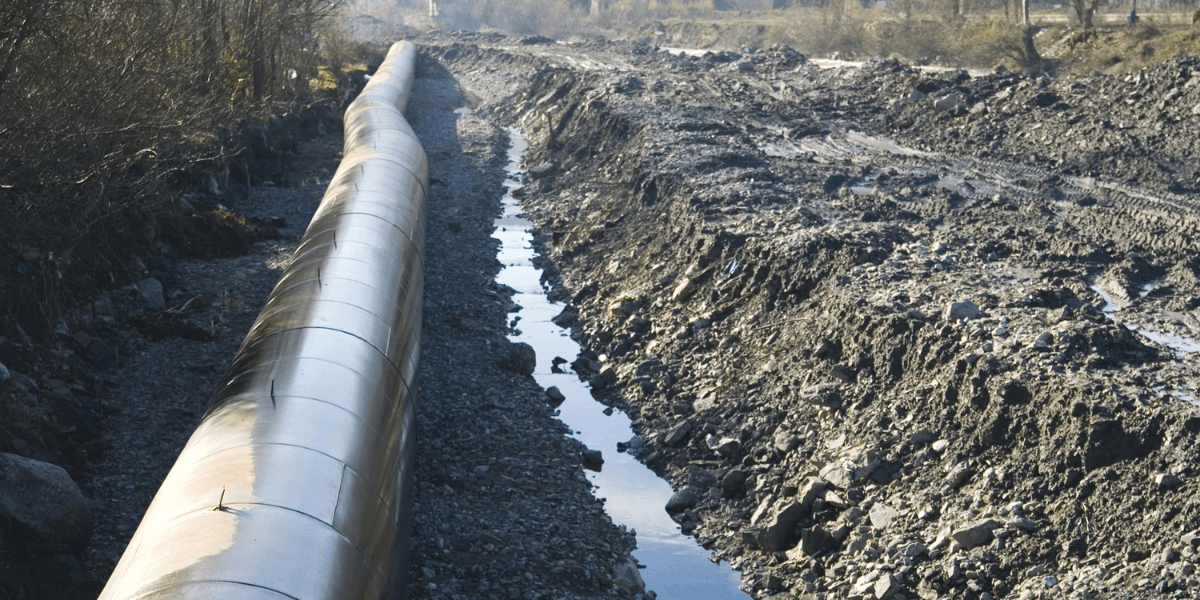Superior Rentals reviews: what makes them stand out
Wiki Article
A Comprehensive Guide to the Various Sorts Of Oil Field Equipment and Pipeline Equipment Available
The oil and gas market depends heavily on specific devices for efficient extraction and transportation. Various sorts of machinery, from piercing rigs to tank, play vital roles in this complicated process. Each item of tools serves distinct features that add to general functional success. Recognizing these components is essential for any individual entailed in the sector. As the market progresses, so as well do the innovations that support it. What innovations are on the perspective?
Drilling Rigs: The Foundation of Oil Expedition
Drilling rigs function as the necessary equipment in the domain name of oil exploration, making it possible for business to accessibility hydrocarbon gets hidden deep below the Earth's surface. These rigs come in numerous types, including land rigs, offshore rigs, and mobile systems, each developed to run in details settings. Furnished with sophisticated technology, piercing rigs can pass through geological developments with accuracy, making sure efficient resource extraction. The structural honesty and functional capacities of these rigs are vital, as they should withstand severe problems and substantial stress. In addition, the choice of a drilling gear influences the total project cost and timeline, making it a crucial factor to consider for oil firms looking for to optimize their expedition initiatives and maximize efficiency in their operations.Pumps: Crucial for Fluid Motion
In the oil extraction procedure, the duty of pumps is substantial, helping with the activity of fluids throughout numerous phases of production. Pumps are necessary for carrying petroleum, water, and other liquids from below ground reservoirs to the surface and after that with pipelines to refineries. They can be found in various kinds, including centrifugal, positive displacement, and submersible pumps, each offering particular functions based upon the liquid characteristics and functional demands. Centrifugal pumps are typically utilized for their effectiveness in high-flow applications, while positive variation pumps master taking care of thick liquids. The option of pump impacts total effectiveness, functional security, and maintenance costs. Proper selection and maintenance of pumps are essential for optimizing manufacturing and lessening downtime in oil area procedures.Valves: Controlling Circulation and Pressure

Shutoffs play an essential role in handling the flow and stress of fluids within oil fields and pipelines. Different kinds of shutoffs offer unique applications, each made to accomplish details features basic for effective operation - Superior Rentals midland. Recognizing the characteristics and uses these shutoffs is crucial for maximizing system efficiency and safety
Sorts of Valves
Important components in oil field operations, valves play an essential duty in controlling the flow and pressure of fluids within pipes and tools. Numerous kinds of shutoffs are used to meet the varied requirements of oil and gas manufacturing. Usual types consist of gateway valves, which provide a straight-line flow and minimal pressure decrease; world shutoffs, recognized for their strangling capacities; and sphere valves, identified for their fast on/off control. In addition, check valves protect against heartburn, while butterfly shutoffs supply a light-weight remedy for regulating flow. Each shutoff type is developed with certain materials and arrangements to endure the severe problems frequently found in oil areas, making sure dependability and effectiveness in operations. Recognizing these types is critical for reliable system management.Valve Applications and Features
While different kinds of valves serve distinct objectives, their main applications rotate around controlling flow and stress within oil and gas systems. Shutoffs such as entrance, globe, and sphere shutoffs control fluid activity, making sure peak efficiency and safety. Entrance shutoffs are frequently made use of for on/off control, supplying very little flow resistance. Globe shutoffs, on the various other hand, deal specific flow law, making them ideal for throttling applications. Sphere shutoffs are favored for their quick procedure and limited sealing capabilities. Furthermore, stress relief shutoffs are important for avoiding system overpressure, guarding tools integrity. Overall, the suitable choice and application of valves improve operational efficiency, ensuring the trustworthy transport of oil and gas via pipelines and handling centers.Compressors: Enhancing Gas Transport
Compressors play an essential role in the efficient transportation of gas, making certain that it moves efficiently through pipes over fars away. These gadgets increase the pressure of all-natural gas, enabling it to overcome friction and elevation modifications within the pipeline system. Furthermore, compressors assist in the harmonizing of supply and demand, accommodating Superior Rentals reviews changes in usage and production prices. Various sorts of compressors are used in the sector, including centrifugal, reciprocating, and rotating screw compressors, each offering unique benefits based on the operational requirements. Regular upkeep of these compressors is necessary to optimize efficiency and decrease downtime, eventually contributing to a dependable gas transportation network. Their crucial feature emphasizes the relevance of compressors in the general oil and gas facilities.Storage Tanks: Safe and Efficient Fluid Administration
Reliable transportation of natural gas depends on different support group, among which is the appropriate administration of storage tanks. These containers play a necessary duty in safely containing fluids, making certain that operational performance is kept while minimizing environmental risks. Created from resilient materials, they are created to withstand high stress and destructive aspects. Appropriately sized and tactically situated, tank assist in the smooth circulation of natural gas and other fluids, avoiding traffic jams in supply chains. Normal maintenance and tracking are crucial to discover leakages or structural issues, promoting safety and conformity with governing requirements. Inevitably, the efficient management of storage space tanks is critical for the general stability and integrity of the oil and gas industry's fluid handling systems.
Pipeline Systems: Infrastructure for Transport
Pipeline systems function as the foundation of the oil and gas sector, helping with the effective transportation of hydrocarbons over huge ranges. These systems contain various components, including pipes, valves, pumps, and compressors, all diligently created to ensure smooth flow. The products utilized in pipeline construction, often steel or high-density polyethylene, are selected for resilience and resistance to rust. Pipeline networks can cover throughout land and water, linking production sites to refineries and circulation. Additionally, progressed technology allows real-time monitoring of flow prices and pressure degrees, improving functional performance. The critical positioning of these pipelines minimizes ecological impact while making the most of resource availability, therefore playing a crucial role in conference power demands internationally.Safety Equipment: Ensuring Employee and Environmental Protection
The operation of pipeline systems, while crucial for energy transport, likewise offers significant safety and security difficulties for workers and the setting. Security tools plays a significant duty in reducing these dangers. Personal protective tools (PPE) such as safety helmets, gloves, and non-slip shoes safeguards employees from physical threats. Furthermore, gas discovery systems check for leakages, ensuring that dangerous compounds do not present a risk to personnel or the surrounding ecological community. Emergency situation closure systems are crucial for swiftly halting operations throughout a dilemma, avoiding prospective calamities. Spill containment products, consisting of absorbents and barriers, are basic for lessening environmental effect. Overall, buying all-encompassing safety devices is important for keeping functional honesty and shielding both employees and the environment in the oil and gas sector.
Regularly Asked Concerns
How Do I Select the Right Oil Field Equipment for My Job?
Choosing the appropriate oil area devices entails examining project specs, budget plan restraints, and functional requirements. Consider variables such as tools reliability, compatibility with existing systems, and the vendor's reputation to guarantee peak efficiency and safety and security.What Are the Maintenance Requirements for Oil Field Equipment?
Upkeep needs for oil area equipment include normal examinations, lubrication, and prompt repairs. Operators should likewise stick to producer standards, monitor efficiency metrics, and warranty conformity with security laws to improve longevity and performance.
How Can I Make Certain Conformity With Environmental Rules?
To ensure conformity with environmental guidelines, business should carry out normal audits, carry out finest techniques, buy training, keep appropriate paperwork, and remain updated on regulations (Superior rentals squeeze tools). Cooperation with environmental firms can additionally boost adherence to guidelinesWhat Is the Typical Lifespan of Pipeline Equipment?
The ordinary life expectancy of pipeline tools commonly ranges from 20 to half a century, relying on aspects such as material top quality, ecological problems, and maintenance practices. Normal examinations can considerably affect durability and functional performance.Exactly how Do I Safely Carry Oil Field Equipment to Remote Locations?
Transporting oil field equipment to remote locations calls for mindful preparation, including path analysis, securing licenses, using ideal cars, and ensuring safety methods are followed. Appropriate training and communication amongst teams are essential for effective transportation.Report this wiki page